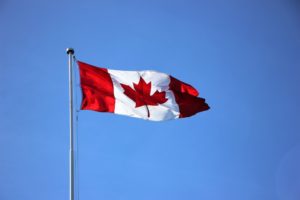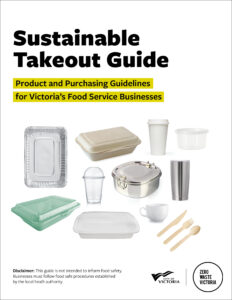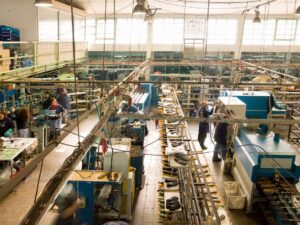- Regulatory Tools
- Circular Economy
- Government
- Government Policy
- Labelling
- Recycling
- Policy
- Strategy and Policy
- Take Action
- National
Groups want plastic waste reduced at the source as B.C. expands recycling list
More single-use plastics are now considered recyclable in British Columbia, thanks to regulation amendment in January.
Advocates say that while broadening the range of items accepted by the recycling program is one form of taking action, it isn’t the best solution for the circular economy because plastics are not infinitely recyclable without the addition of virgin materials.
Story Preview:
As B.C. expands what people can put in their recycling bins and drop off at depots, waste-reduction advocates say the province still isn’t putting enough emphasis on cutting out plastic items before they’re thrown away.
The province amended regulations in January to make a wider array of plastics and packaging products – many of them single-use – accepted through the recycling system.
People can now put things like plastic utensils and straws, plastic-lined paper products and plastic party-style cups in their recycling, while also being able to bring flexible plastics, like wraps and sandwich or freezer bags, to depots.
In making the change, the province highlighted how single-use plastics are one of the most common items found on B.C.’s shores.
But the most recent data shows just over half of the plastics making it to market are recovered in B.C., with less than that ultimately being recycled. The province recognizes that reducing waste and reusing items should come first.
“Unfortunately, the province hasn’t really encouraged or enforced that aspect too much, but we’re hoping they will start to and then that can really make a shift to reduce the waste,” said Sue Maxwell, chair of Zero Waste BC.
The province is expected to release a report on what it heard during consultations on new plastic regulations before those policies are drafted this spring. A 2022 intentions paper on those proposals envisions moving plastics into a circular economy approach where nothing is “waste.” Maxwell wants the province to expand that circular scope to all single-use items.
“Sometimes people look at zero waste and say ‘Oh as long as nothing is in my garbage can, it would be okay,’ but really it’s about the fact that we are over-consuming the resources on the planet,” she said. “We need to consume less and consume smarter so that we still can have functioning ecosystems and a healthy planet.”
Environment Minister George Heyman said in an interview that he doesn’t “think it’s government’s job to tell people how much they should or can consume.” He added that products were made to last when he was a child and there’s been a resurgence in that approach, which is why his government is focused on helping people understand what a circular economy looks like.
Governments, businesses and advocates have been educating the public on plastic waste, the minister said. Heyman has noticed a shift in behaviour where more people are using reusable water bottles over plastic ones now that more information and refill stations have rolled out over the years.
“Part of that is education, part of that making it easy for people,” he said.
Maxwell said B.C.’s Extended Producer Responsibility (EPR) program, which puts the onus on companies for the waste their products cause, needs to be emboldened as municipalities have for too long been bearing the costs of disposable and hard-to-collect packaging. She said companies should face steeper fines, which could go toward funding reuse programs, unless they shift to more reusable packaging or eliminate unnecessary product waste.
The EPR is expected to start covering items such as mattresses, vehicle batteries and medical syringes in the next four years.
Jake Romphf, March 4, 2023, Surrey Now-Leader.
Read the full and original news article at surrynowleader.com.



